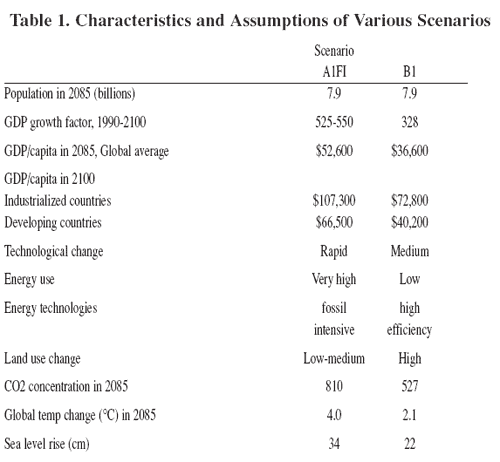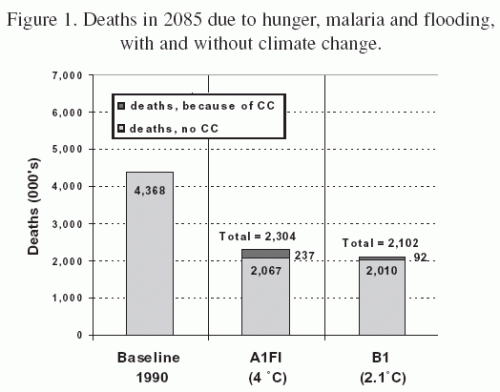One Weird Trick That Will Sell Your Tax Increase to the Public
Here is the trick: You want a tax increase for X. The public is never going to approve of raising taxes for X. So you bundle 95% X with 5% Y, Y being something the public is really excited about. As much as possible, you never mention X in any discussion of the tax increase, despite most of the funds being dedicated to X, and instead focus solely on Y. If history is any guide, you will get your tax increase.
What a specific example? You want a tax increase to fund a huge public transit boondoggle. The public is not buying it. So you rebrand the public transit project as a "transportation bill", you throw in a few highway improvements, you talk mainly about the highway improvements, and you get your public transit bill.
Another example is general revenue increases. Most of these tax increases go to increasing the salary and pensions of bureaucrats and senior administrators that aren't really doing anything the public wants done in the first place. So you say the tax increase is to improve the pay of three (and only these three) categories of workers: police, firefighters, and teachers. The public likes what these folks do, and could mostly care less about what anyone else in local government does. So even if the taxes help about just 3 teachers among 3000 other bureaucrats, you sell it as a teacher salary increase.
It is because I understand this one weird trick that this sort of story does not surprise me in the least:
'Yikes!': Some Arizona teachers see little from Prop. 123
For months leading up to the vote on Proposition 123, supporters of the public education funding measure pleaded for its passage, saying it represented money for teachers.
But as the first installment of cash has gone out, many teachers may find Prop. 123 is a smaller windfall than they hoped. And voters may be surprised to learn where some of the money is going.
In some cases, teachers will collect less than 20 percent of their district's Prop. 123 funds. Some districts will use most of their money for other purposes, ranging from textbooks to computers to school buses, according to an Arizona Republicsurvey of district spending plans.
The measure was sold as a way to direct money — significant money — to teachers and classrooms....
With no rules on how the money can be used, each school district has tried to address its own priorities. While many supporters of the measure invoked teachers as the main reason to vote for Prop. 123, others in the public school systems have staked a claim to the money, especially after many went years without raises beginning in the recession.
Those seeing raises include relatively low-paid secretaries, custodians and bus drivers. But it also includes superintendents, principals and mid-level administrators who don’t work in classrooms.
That may not sit well with voters who opposed the measure or with supporters who thought they were doing something more substantive for teachers.






